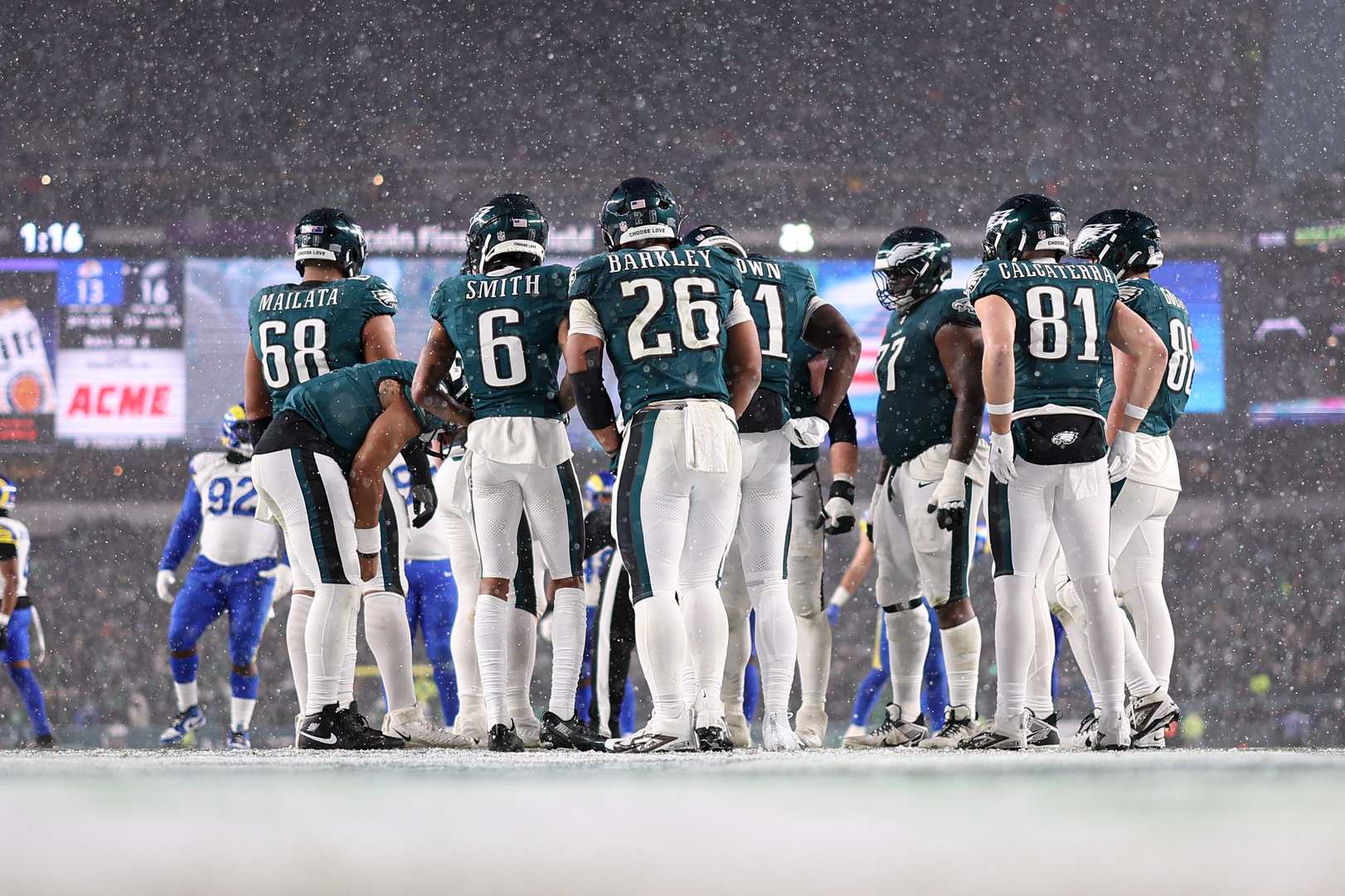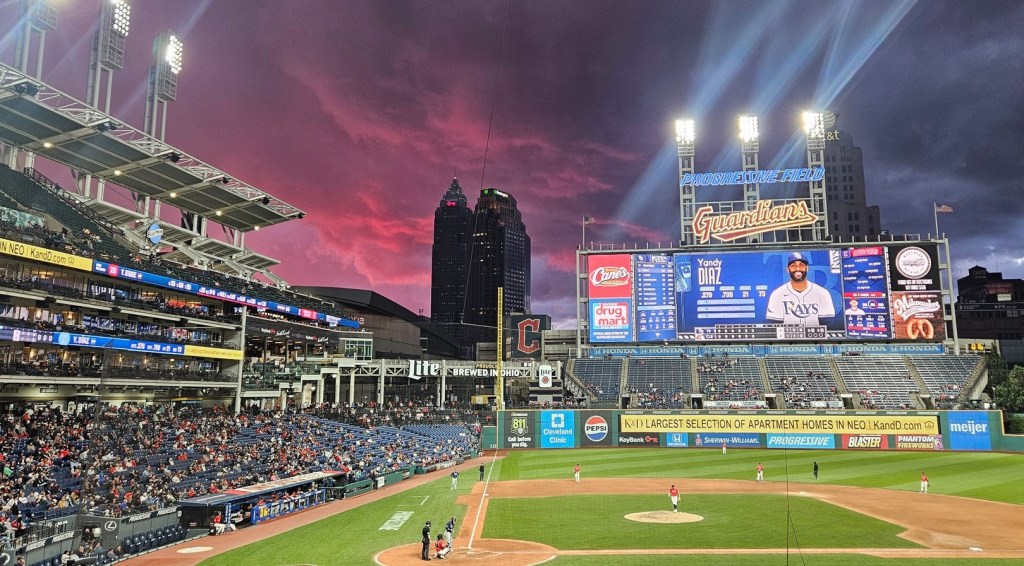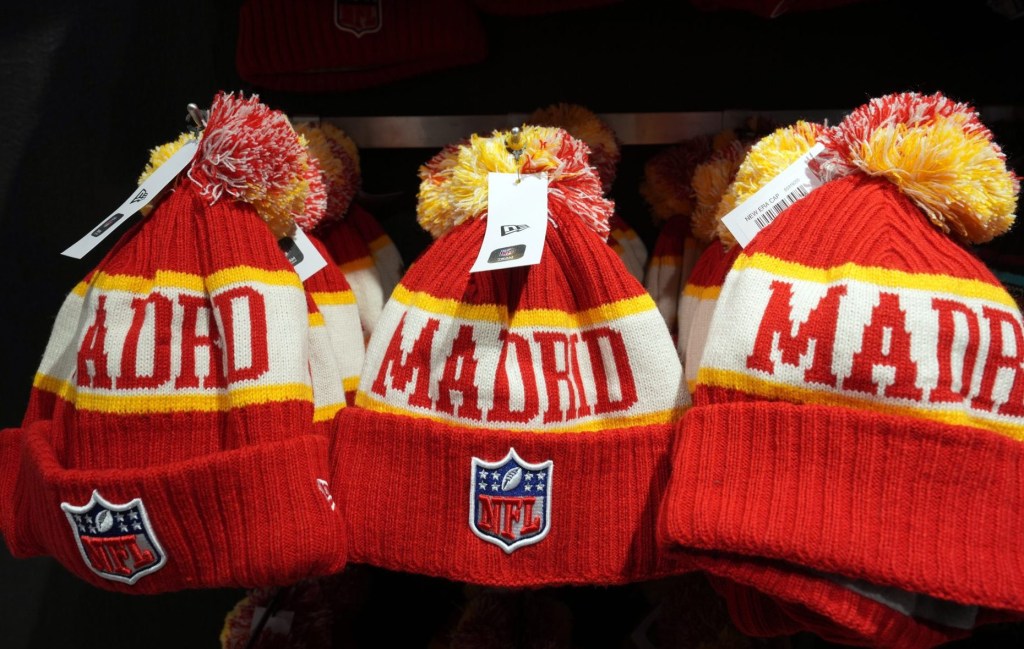When the Eagles host the Commanders at Lincoln Financial Field in Sunday’s NFC championship game, it will be Philadelphia’s third consecutive home game this postseason—a feat that has been accomplished only one other time in NFL history.
This wasn’t even possible until 2020, when the NFL playoffs expanded from 12 to 14 teams, and No. 2 seeds began playing on wild-card weekend. Before then, winners of each conference’s wild-card games automatically played on the road in the divisional round, against the two teams that secured first-round byes.
But with the expanded postseason, teams seeded Nos. 2 through 4 have a chance to host three playoff games if the cards fall their way.
The Chiefs are the only other team to do so, when they were a two-seed in 2021, and played three games at Arrowhead Stadium. That same season, the Rams hosted two playoff games, and Super Bowl LVI was played at their home venue, SoFi Stadium, but that is considered a neutral-site game.
Home Field Advantage?
While the accomplishment is a nice treat for Eagles fans who want to support their team throughout January—Lincoln Financial Field will welcome more than 200,000 this postseason—it’s not as lucrative for the franchise’s bottom line as one might think.
Home teams in the NFL playoffs don’t keep revenue from postseason-ticket sales (as they do in the regular season), which is collected by the league and distributed out to all 32 franchises equally. Major matchups like playoff games can easily surpass $10 million in ticket sales.
However, home clubs do get to keep game-day revenue like parking fees and in-stadium concession sales, which can total more than $1 million per game in some cases.







![[Subscription Customers Only] Jun 15, 2025; Seattle, Washington, USA; Botafogo owner John Textor inside the stadium before the match during a group stage match of the 2025 FIFA Club World Cup at Lumen Field.](https://frontofficesports.com/wp-content/uploads/2026/02/USATSI_26465842_168416386_lowres-scaled.jpg?quality=100&w=1024)
![[Subscription Customers Only] Jul 13, 2025; East Rutherford, New Jersey, USA; Chelsea FC midfielder Cole Palmer (10) celebrates winning the final of the 2025 FIFA Club World Cup at MetLife Stadium](https://frontofficesports.com/wp-content/uploads/2026/02/USATSI_26636703-scaled-e1770932227605.jpg?quality=100&w=1024)




![[US, Mexico & Canada customers only] Feb 6, 2026; Riyadh, SAUDI ARABIA; Jon Rahm in action during the third round of play at LIV Golf Riyadh at the Riyadh Golf Club.](https://frontofficesports.com/wp-content/uploads/2026/03/USATSI_28173562_168416386_lowres-scaled.jpg?quality=100&w=1024)

![[US, Mexico & Canada customers only] Sep 28, 2025; Bethpage, New York, USA; Team USA's Bryson DeChambeau reacts after hitting his approach on the 15th hole during the singles on the final day of competition for the Ryder Cup at Bethpage Black.](https://frontofficesports.com/wp-content/uploads/2026/03/USATSI_27197957_168416386_lowres-scaled.jpg?quality=100&w=1024)

